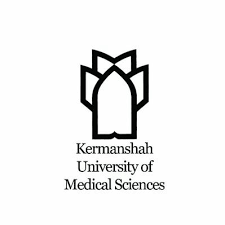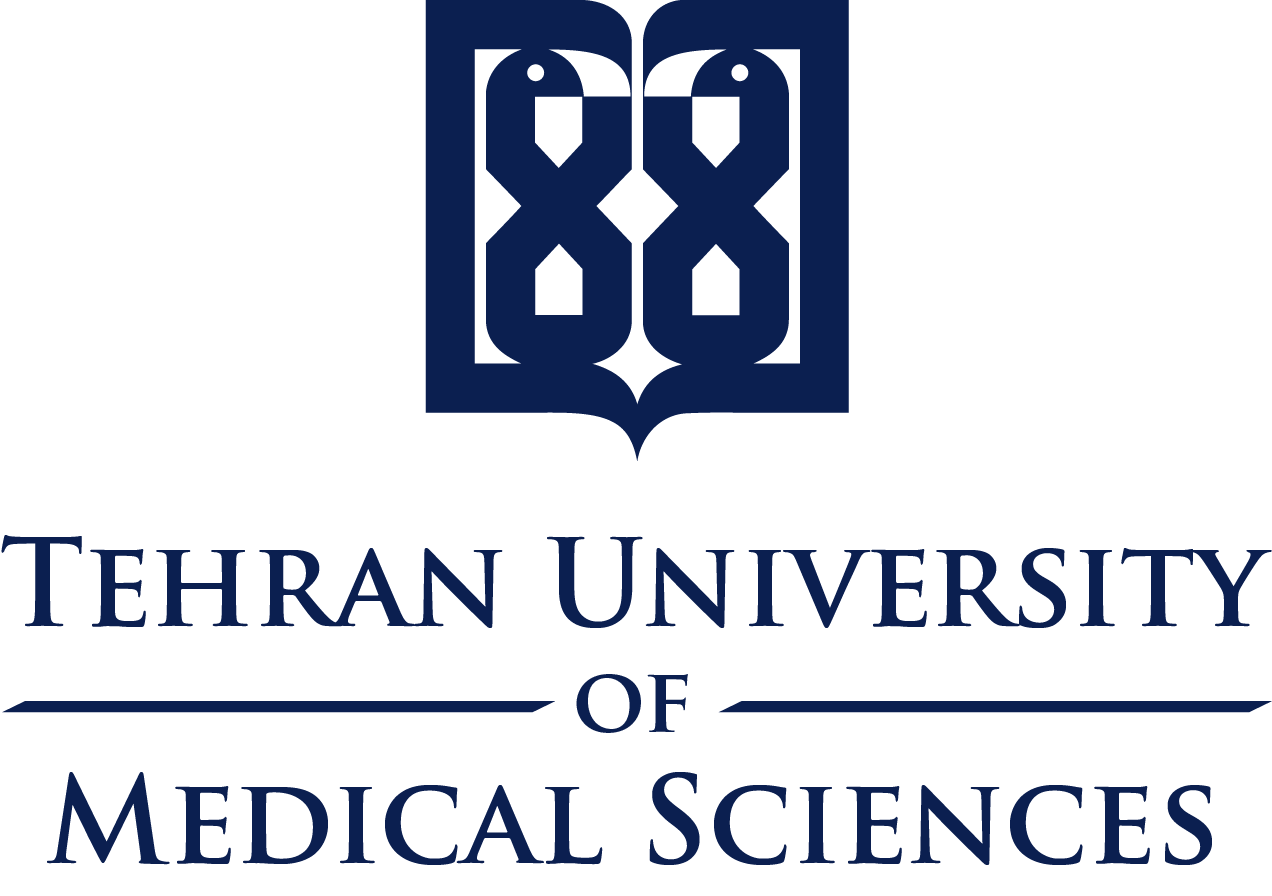
شركة معتمدة من قبل وزارة التربية والتعليم الإيرانية
تسجيل الدخول
من فضلك ادخل بريدك الالكتروني وكلمة المرور لتسجيل الدخول.
يسجل
من فضلك ادخل بريدك الالكتروني وكلمة المرور لتسجيل الدخول
استعادة كلمة السر
يرجى إدخال عنوان البريد الإلكتروني الخاص بك لاسترداد كلمة المرور الخاصة بك.


